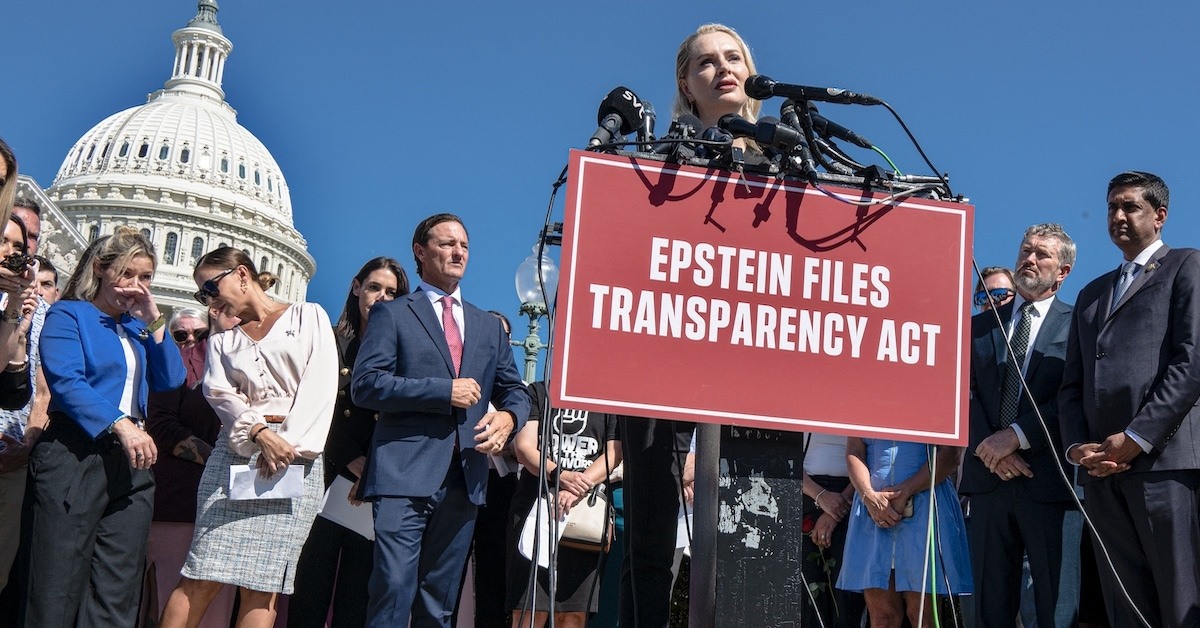BY: Walker
Published 2 years ago

Punchmade Dev made a new song and video titled “Wire Fraud Tutorial,” where he gave listeners step-by-step instructions on committing wire fraud.
via: Complex
The “Wire Fraud Tutorial” video has been removed from YouTube for violating its Terms of Service.
In an Instagram Stories update, Dev shared a screenshot showing an email from YouTube stating that his video had been removed for violating the platform’s “harmful and dangerous policy.” In the same screenshot, Dev was seen pleading with YouTube to consider his appeal due to the video in question being “solely a reenactment to educate the viewers on how to protect themselves from fraud.” The screenshot showed an alleged YouTube rep saying the video had been taken down after being “specifically requested to be removed from outside sources.”

In another update, seen below, Dev shared a screenshot alleging to show an email he received from “Law Enforcement Response Team” regarding information about his account. Not clear in the screenshot is whether this is also in connection with YouTube, or who, exactly, allegedly sent the email. In it, it’s claimed that the site “produced data as required by law.”

Complex has reached out to YouTube for comment. This story may be updated. When trying to access the video at the time of this writing, the video was unviewable on YouTube and carried the disclaimer, “This video has been removed for violating YouTube’s Terms of Service.”
Popular scammer Punchmade Dev goes viral after making a step-by-step Wire Fraud tutorial in his new song..
.#explorepage #viral #trending #foryou pic.twitter.com/ePU5sBsWsF— PullUpMEDIA (@PillarsPullup) July 14, 2023
YouTube’s harmful or dangerous content policy states “content that encourages dangerous or illegal activities that risk serious physical harm or death” will not be allowed. The policy goes on to advise against the uploading of content that could be determined to include “extremely dangerous challenges,” “dangerous or threatening pranks,” “instructions to kill or harm,” ‘hard drug use or creation,” “instructional theft or cheating,” “hacking,” and “bypassing payment for digital content or services.”
According to the most current data shared by Google, there were more than 654,000 videos removed in the U.S. between January and March of this year. As for how government requests are handled by YouTube and Google, the latter’s terms says a review of each such request is carried out to ensure “it satisfies applicable laws.”
“When we receive a request from a government agency, we send an email to the user account before disclosing information,” Google’s terms states. In the event of a “legal prohibition” of request disclosures, Google says, it will not give notice.










